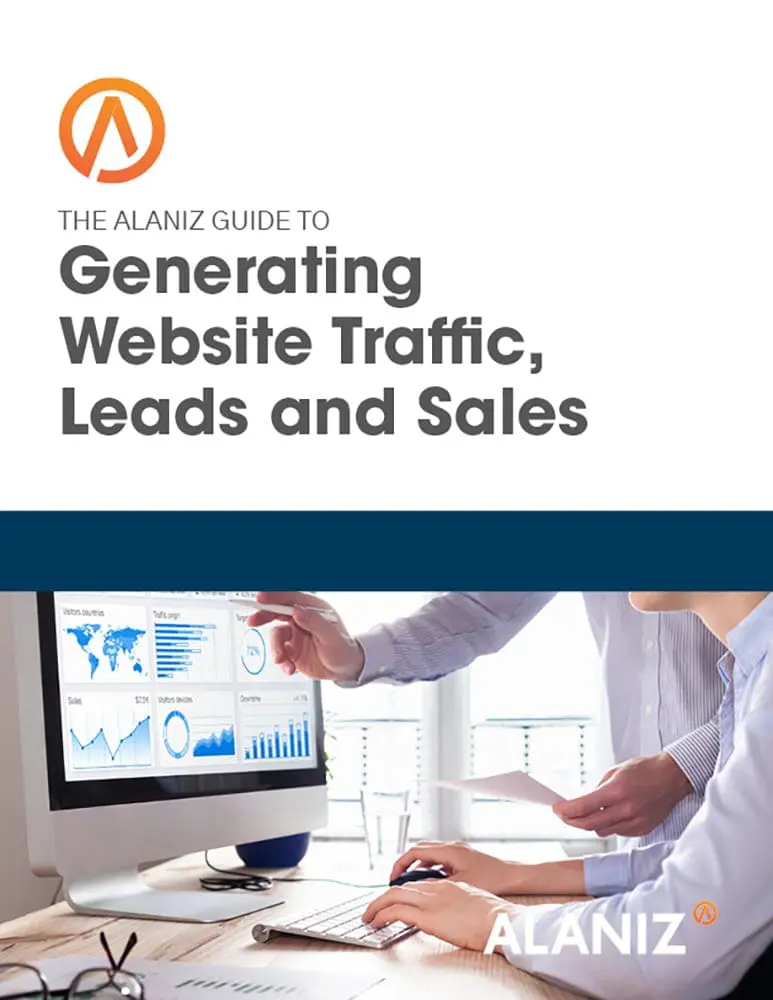Life sciences companies are not your typical corporations. Most are started and largely led by people who have advanced graduate and/or postgraduate educations, and the products and services that they offer are often usually very specialized and narrowly focused. We work with companies, for example, that develop and manufacture tiny sensors for implantable medical devices (pacemakers and the like). Another makes equipment specifically designed to fashion coronary stents by rapidly cutting metal and polymer tubing. We also help clinical trial sponsors recruit patients for their programs.
These companies aren’t marketing to the masses. They are, however, challenged to get found by those who are looking for the specific products and services that they offer. Like every industry, people are doing more and more research for life sciences solutions online.
Digital marketing and lead generation take a different flavor in this environment. Read our blog Best Way to Start Online Marketing for Life Sciences Companies to learn how, in some ways, getting found is easier. There aren’t a whole lot of people searching for manufacturers of sensors for implantable medical devices, for example. Those that are searching for these terms are likely to be part of or near your target market.
Social networking works differently as well. We’ve found that scientists, researchers, and engineers that clients are often trying to reach are unlikely to spend much time on Facebook, Twitter, or Instagram. These are mass communication platforms and the subject matter being discussed is not usually of interest to the masses.
LinkedIn Groups, however, are a different story. LinkedIn groups have emerged as a platform for professional forums on very specific topics. Many of our clients have been able to gain valuable business opportunities and build awareness and thought leadership in their sectors through these groups.
Take our manufacturer of biosensors for medical devices. There is a LinkedIn Group called Active Implantable Medical Devices with 2,700 members. For our clinical trial recruiters, there is Clinical Research Professionals, with 90,000 members. Groups range in size and focus, but by filtering your social conversations into targeted groups, you are far more likely to connect with the right people, faster. The Medical Devices Group, founded and run by Joe Hage, boasts 320,000 members and has spun off publications, conferences, and more. It is the world’s largest medical device community, according to Hage.
You can publish articles through these groups, ask questions, and respond to others’ questions. It’s important to use LinkedIn Groups like a peer, not a promoter. Promotional material is often rejected. Different sites have different policies. The Medical Devices Group, for example, claims to be “spam free” and intends to stay that way.
It is also possible to bulk post content to multiple groups at once using social publishing tools like Hootsuite. This too must be done with caution. Group moderators are suspect of anything that does not appear to be directly relevant to that specific group.
One company we worked with, which manufactured medical device manufacturing equipment, found LinkedIn became its largest source of website traffic after Google. By publishing regularly to the groups, responding to questions and inquiries, and sharing articles and posts by others, we built a network of active engagement within the group’s larger audience. We were also able to trace LinkedIn engagement to leads that become real business opportunities.
Marketing in the life sciences industry is subject to the same market forces that are impacting all businesses. People, even scientists and researchers, are searching online for information before contacting a company to discuss products and solutions. LinkedIn Groups can be a great way to engage contacts in this process. If they find useful, credible content that has been “liked” and shared by others, you can build trust that can lead to further engagement.
We’ve found that LinkedIn Groups are the best social marketing channel for life sciences and other highly specialized businesses. They offer a highly targeted audience and they foster quality peer to peer conversation. Using quality, valuable content, Groups can be a great way to get found and to build trust online.




